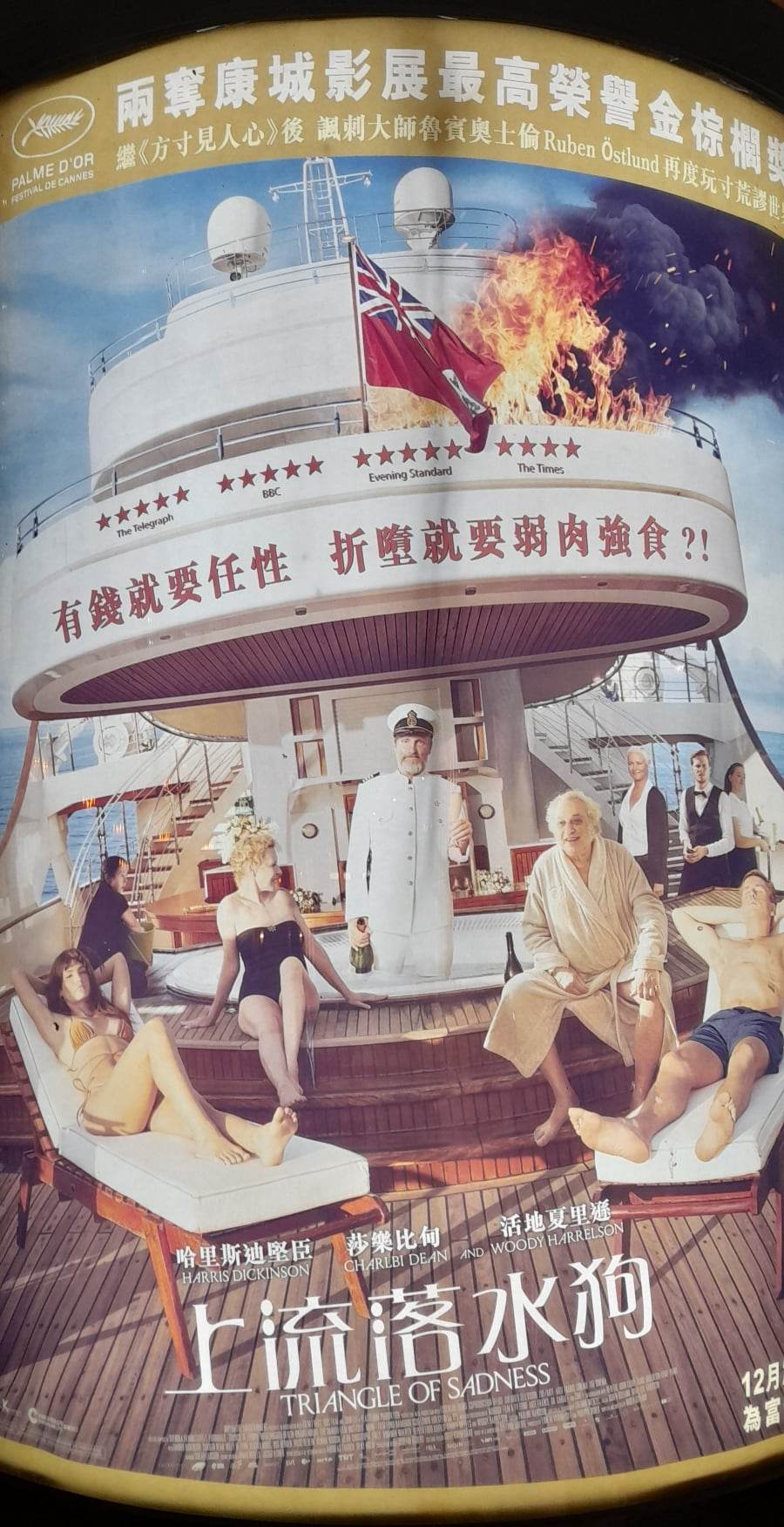

Post navigation
Judy Cheng
by
CHENG
Hello friends, I am from Hong Kong, living there and having decent education there. I am a mother of two sons and I work as a veteran counselor at a fully fledgling marital introduction company. I like to share with people some tougher experiences in the area of human relationships, marriage in particular. I find human nature is a mixed blessing. While we are bestowed upon enjoying the advantages of it, we can also flee the disadvantages of it. How? I will tell you in my books and blogs.
Total post: 226
Related Posts

The Last Duel
‘The Last Duel’ showcases an exhibition of human nature as well as a showdown of men vie against women in the area of […]

Spencer
‘Spencer’ speaks volumes for the first thing humans need and want is nothing but freedom. The whole movie ‘Spencer’ revolves around Diana […]

A Light Never Goes Out
Mei Heung (Sylvia Chang) loses her husband refusing to follow a proper way to heal her sorrow but stubbornly indulges herself in […]

Raging Bull
Peremptorily, what comes to mind about boxing is a man with invincible strength. However, you will have some other perspectives about this […]

-
Tagged The Last Duel